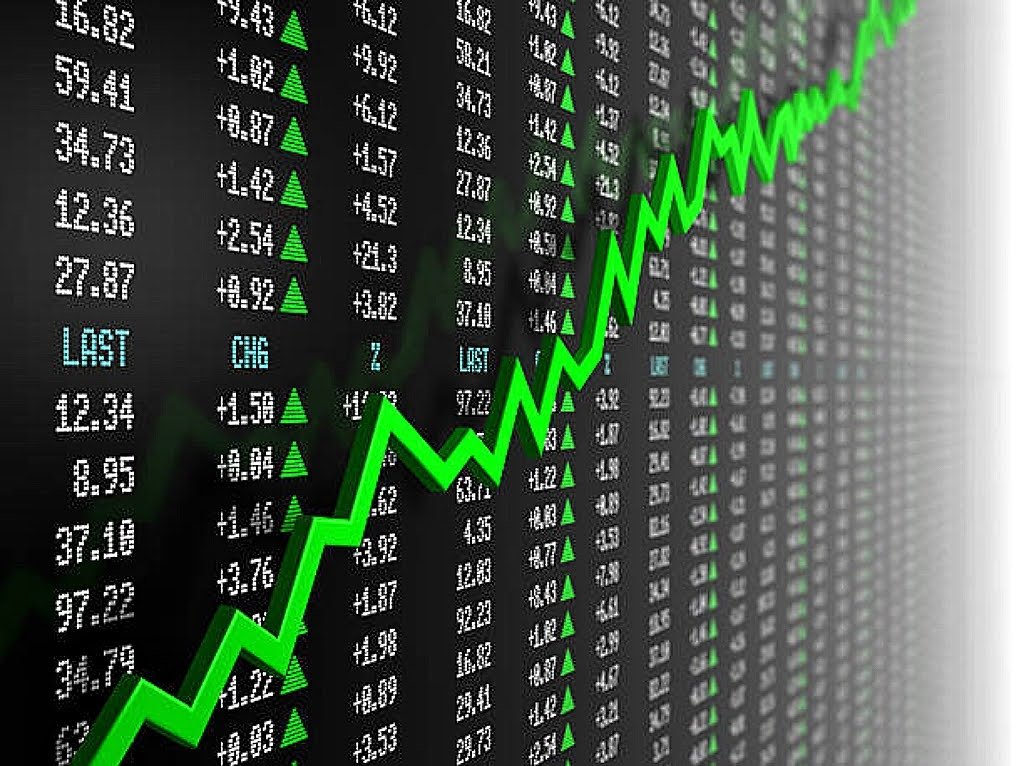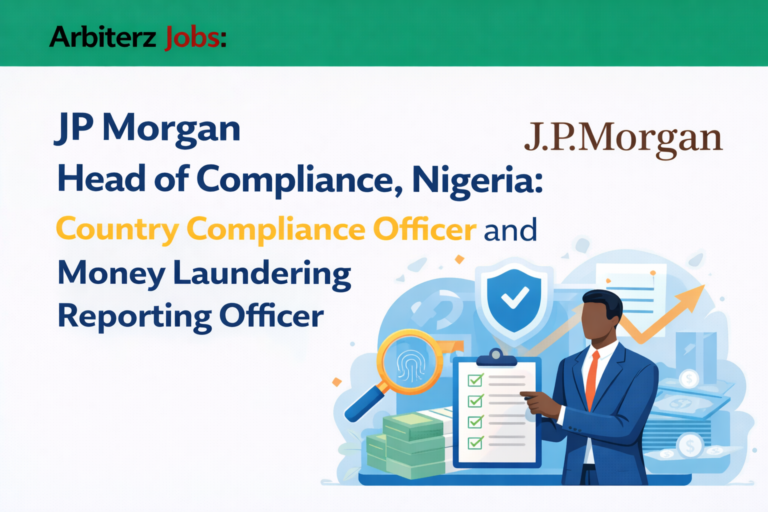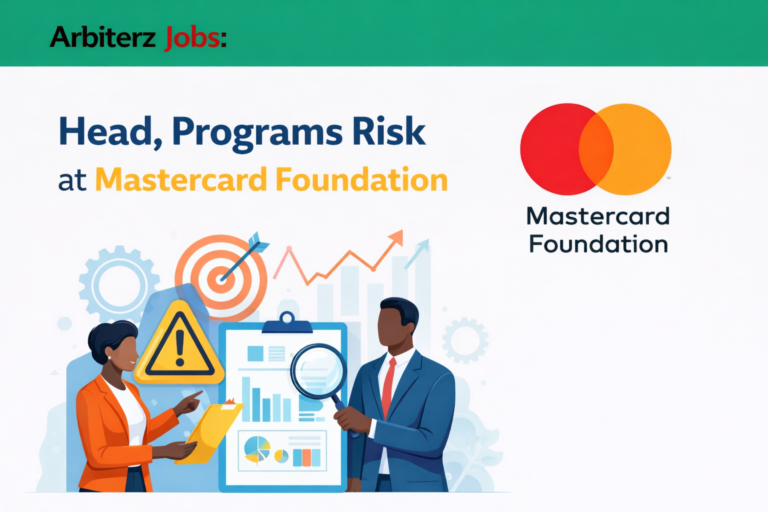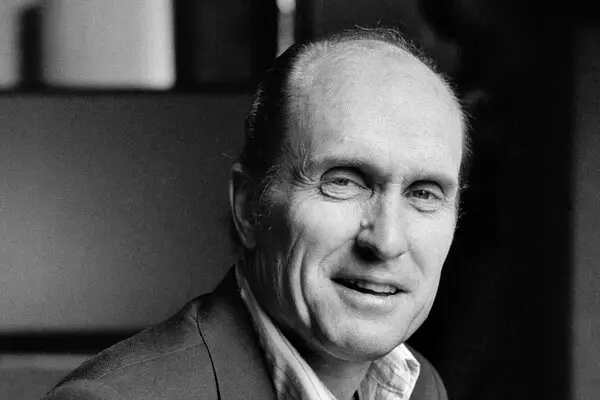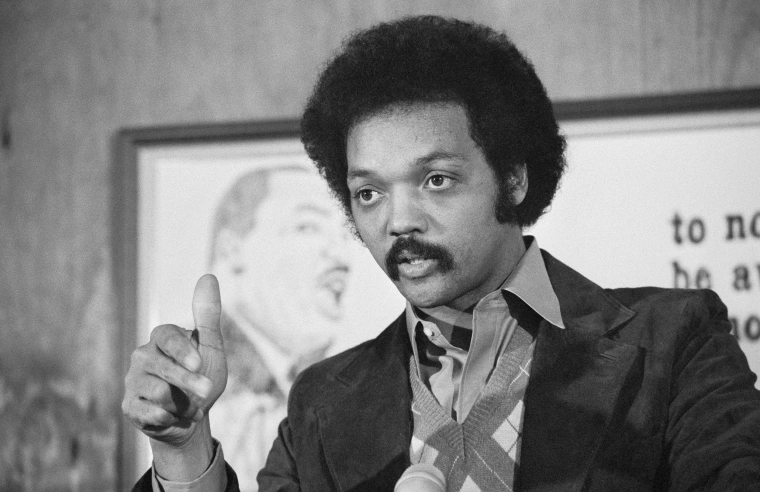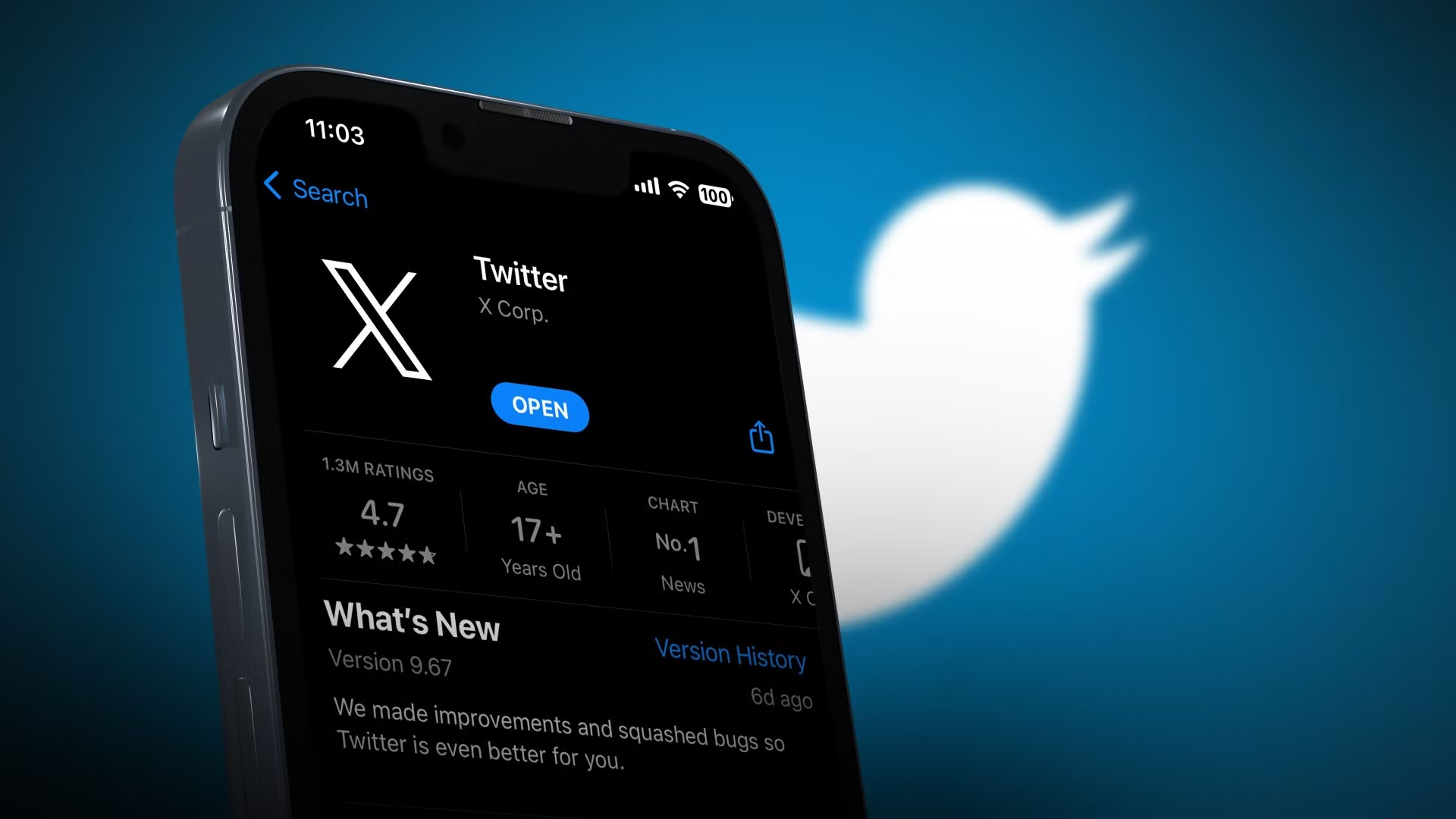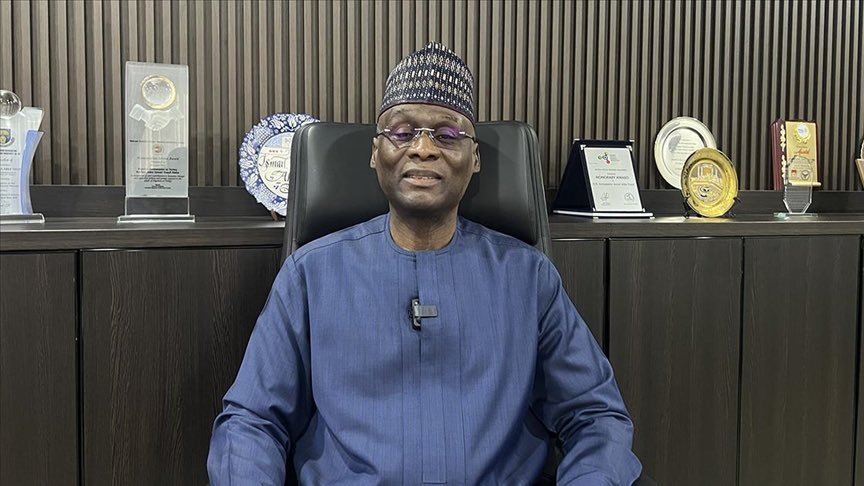Today’s action in Europe suggests a resilient tone, buoyed by sector-specific wins and broader global cues. With U.S. markets sidelined for Labor Day, European bourses took the spotlight, posting modest advances driven by defense and healthcare standouts.
Let’s break it down with a focus on the key drivers, potential risks, and what it means for investors who thrive on spotting opportunities in the noise.
A Positive Open for European Indices
The pan-European STOXX 600 index climbed about 0.3% in early trading, reflecting a cautiously optimistic mood. This uptick was supported by stronger-than-expected manufacturing figures from the region, including a notable expansion in France’s sector, the first since early 2023.
In Frankfurt, the DAX advanced 0.37%, while Paris’s CAC 40 and London’s FTSE 100 each edged up around 0.2%.
These gains might seem small, but in a holiday-thinned session, they signal underlying strength, especially as investors digest a mix of corporate news and macroeconomic uncertainties.
From my perspective, this performance underscores Europe’s ability to decouple somewhat from U.S. influences on quiet days.
Healthcare stocks led the charge, up as a group, while defense names stole the show with a 1.65% rise in the Stoxx Aerospace and Defense sub-index.
It’s a reminder that even in a rate-cut-obsessed environment, targeted deals can ignite sector rallies.
Defense Sector Soars on UK-Norway Pact
One of the day’s highlights was the defense boost from a landmark £10 billion ($13.5 billion) agreement between the UK and Norway. Norway’s order for at least five advanced anti-submarine frigates— the UK’s largest-ever warship export by value—promises to sustain 4,000 jobs through the 2030s.
Built primarily at BAE Systems’ Glasgow shipyards, this deal sent BAE shares surging around 3% in morning trade.
The ripple effect was clear: peers like Germany’s Renk Group and UK’s Babcock International also jumped about 3.5% each. As someone deeply interested in stocks, I see this as more than a one-off win.
With geopolitical tensions simmering—think Russia-Ukraine conflicts and NATO spending pledges—European defense firms are positioned for sustained growth.
Increased military budgets across the continent could turn companies like BAE into long-term portfolio anchors, especially if tariffs or trade disruptions push nations toward domestic or allied suppliers.
Healthcare Shines with Novo Nordisk’s Data Triumph
On the pharma front, Denmark’s Novo Nordisk emerged as a clear winner, with shares rising 3% after releasing compelling trial results for its weight-loss drug Wegovy. The data showed that ongoing use of semaglutide (Wegovy’s active ingredient) reduced heart disease risks—such as heart attacks, strokes, or death—by up to 57% more than tirzepatide, found in rivals like Eli Lilly’s Zepbound and Mounjaro.
This isn’t just a competitive edge; it’s a market-share battle in the booming obesity treatment space. Novo has faced headwinds, including U.S. tariffs, generic competition, and a shrinking market share that’s even prompted Denmark to slash its 2025 growth forecast. Yet, today’s pop reaffirms why I’m bullish on innovative pharma plays: superior data can swiftly restore investor confidence. Watch for follow-up studies or regulatory nods, as they could propel Novo higher amid the sector’s race for dominance.
Broader Global Context: Tariffs, Data, and Commodities
While Europe hummed along, global markets were a mixed bag. In Asia, Hong Kong’s Hang Seng leaped 2.2%, fueled by an 18% surge in Alibaba’s shares after the tech behemoth reported AI-driven cloud revenue growth and a 78% year-over-year profit jump.
Shanghai rose 0.5%, supported by slightly improved manufacturing PMI readings—official at 49.4 (still in contraction) and private at 50.5 (modest expansion). These figures hint at resilience in China’s factories despite hefty U.S. tariffs on its exports, though analysts like those at Capital Economics warn of limited upside ahead.
Japan’s Nikkei dipped 1.2%, South Korea’s Kospi fell 1.4%, and Australia’s ASX 200 shed 0.5%, reflecting tariff jitters. A U.S. appeals court ruling last week deemed many of President Trump’s broad import levies illegal, casting doubt on ongoing trade policies.
While levies remain in place pending a Supreme Court appeal, this introduces uncertainty for deals with Japan (stalled over rice) and South Korea. As a stock watcher, I’m monitoring how this evolves—protectionism could hit multinationals hard, but it might also favor domestic-focused European firms.
Commodities provided some uplift: Gold climbed 1% to a four-month high of around $3,481 per ounce, benefiting from a softer dollar and rate-cut bets.
Oil edged higher too, with Brent up 0.6% to $67.87 a barrel, balancing supply worries from Russia-Ukraine escalations against demand fears from tariffs.
Bonds, however, told a different story. Long-dated yields spiked—Germany’s 30-year hit a 14-year peak at 3.38%—amid fiscal concerns in France and beyond.
The French-German 10-year yield spread steadied at 77 basis points, but with a no-confidence vote looming for Prime Minister Francois Bayrou next week, political instability could widen it further.
Analysts at Jefferies predict spreads nearing 90 bps if the government falls, potentially sparking early elections and budget chaos in Europe’s second-largest economy.
Looking Ahead: A Data-Packed Week
This week’s spotlight shifts to the U.S., where manufacturing surveys, services data, and Friday’s August payrolls report could make or break Fed rate-cut expectations.
Forecasts peg job growth at 75,000, with unemployment at 4.3%, a cooling labor market might solidify a September cut, keeping equities afloat. Europe has its own cues: EU unemployment and inflation data Tuesday, GDP Friday, and the ECB’s policy meeting Thursday.
From my stock-centric lens, volatility could create buying dips, especially in undervalued sectors like defense and healthcare.
But risks abound—French politics, tariff resolutions, and China’s economic trajectory could sway sentiment. For now, Europe’s solid start to September feels like a vote of confidence in targeted growth stories. If you’re investing, diversify across resilient names and stay tuned to the data deluge. Markets reward the prepared, after all.

